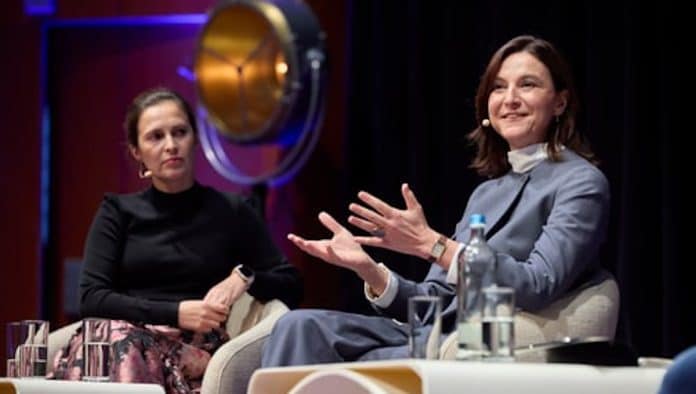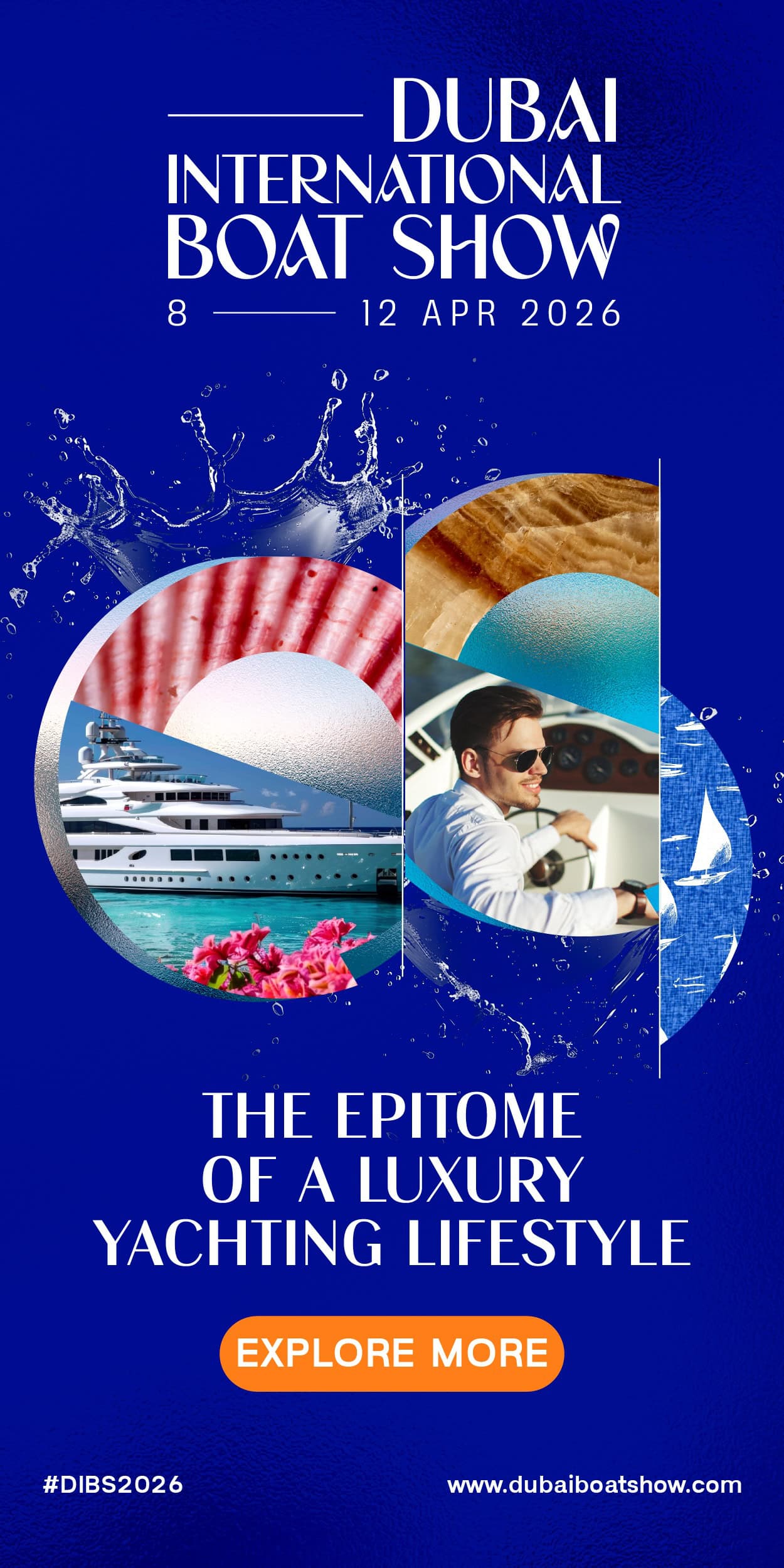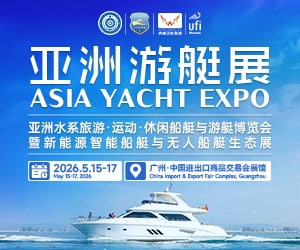Sustainability was a central theme in the opening of the Superyacht Forum taking place in Amsterdam.
Panellists Rose Damen CEO of Damen Yachting and Giovanna Vitelli CEO of Azimut|Benetti both reflected on the need to make authentic progress today.
“Sustainability should be looked at realistically,” said Giovanna. “The first pillar is about the state-of-the-art technologies that can be applied today. The second pillar concerns next generation technologies.
“The first pillar is currently the most important – we need to demonstrate that industry is making a difference today by launching a vessel with 30% fewer emissions rather than talking about zero emission propulsion that is yet to be possible.
“Delivery of sustainability is not just about one technology, it is a puzzle with many pieces including hull shape, materials and propulsion. Right now, this is a transition period.”
Clients driving sustainability
The forum heard that clients buying larger superyachts were now typically driving conversations about sustainability, whereas it is still a harder push to get buyers of production and semi-custom yachts to pay the inevitable premium of a more sustainable build.
“There is work to be done in educating clients on this topic. A lot of focus is on propulsion, but the sustainability programme is much bigger,” explained Rose.
“We cannot do this on our own but are doing a much better job of collaborating with the supply chain now. To get the best result you must sit together at the design stage to discuss the smartest way of achieving things.”
However the forthcoming EU Corporate Sustainability Reporting Directive with its inevitable impetus towards lifecycle assessments and potential impacts on less well-resourced artisan small businesses on which superyacht builders depend for elements of their builds is worrying said Giovanna.
Another factor of concern to superyacht builders is price pressures within the supply chain.
The current trend to pass on rising costs to the customer might need to be reconsidered by approaching equipment production in a smart and sustainable way.
Transition phase
“We are in a transition phase and things are changing very quickly so you need to be quick and open to catch the differences,” said Giovanna when talking over the next five to ten years.
“Whenever you make something different you must take risks. Being realistic we don’t want to burn our companies, so we need to say what is possible. But if things should be done, then we have made sure they happen.”
She added: “We pushed to get new designers into the industry from other sectors, to get a change in style that reflects new lifestyles and the way people want to go boating. For Azimut we want to think differently to widen perspectives and talk to wider audiences, such as running promotions in New York’s Times Square and appearing at the New York and Milan fashion weeks”
And Rose added: “Trust in our industry is going to be so important. It depends where you are based as to how the sector is perceived. Building trust requires competitors to get in the same room, work together and show how the industry is advancing in in terms of innovation and sustainability.”
Azimut|Benetti is forecasting ongoing strong growth to around €1.5bn turnover in 2024 after a 15% increase last year. Damen Yachting has a current order book of more than €1bn despite the loss of the Russian market which had comprised around 20% of its business.




